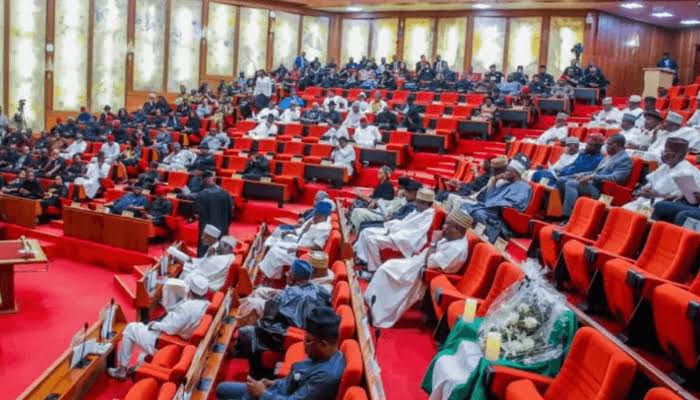The Nigerian Senate has initiated efforts to overhaul the management of public assets in a bid to boost transparency, accountability, and efficiency within government operations. Lawmakers are working on comprehensive reforms aimed at addressing long-standing challenges associated with the stewardship of government-owned properties and investments.
The proposed legislation seeks to establish clearer guidelines and stronger oversight mechanisms to ensure that public assets are properly utilized, maintained, and safeguarded against mismanagement or misappropriation. This move comes amid growing concerns over the underperformance and waste of valuable state resources, which have often been linked to corruption and lack of proper supervision.
Senate leaders have highlighted the need for a robust legal framework that mandates regular auditing and reporting on public assets, as well as stricter penalties for individuals or entities found guilty of malpractice. The reforms are designed to enhance the capacity of government agencies to manage assets more strategically, with an emphasis on optimizing value for the Nigerian people.
If passed, the bill will compel various government departments and agencies to maintain detailed records of their assets and adopt best practices in asset management. This will also involve leveraging modern technology to track and monitor assets in real time, thereby reducing opportunities for abuse and loss.
The initiative reflects a broader commitment by the Nigerian government to improve governance and public sector performance as part of ongoing efforts to promote economic growth and social development. By reforming how public assets are managed, the Senate aims to ensure that these resources contribute meaningfully to national progress rather than being squandered.
Stakeholders, including civil society groups and financial experts, have welcomed the Senate’s move, urging swift passage of the reforms and effective implementation to restore public trust and strengthen the country’s financial management systems.
